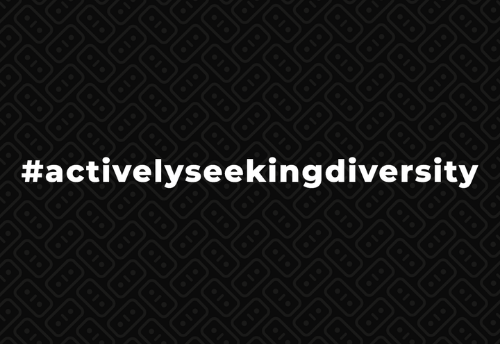iOS 15 and iPadOS 15: Who can download and install the new iPhone, iPad software today - PJ Digital Marketing | Agency / Company
This story is part of Apple Event, our full coverage of the latest news from Apple headquarters.
At WWDC 21, Apple lifted the curtain on iOS 15 and iPadOS 15, giving us our first look at new features that have the potential to make a big difference. The iPhone is getting new FaceTime features, an upgraded Maps experience and iMessage improvements. Meanwhile, the iPad isn’t being left behind this time, gaining features like widgets on the home screen, App Library and a new multitasking experience.
As Apple usually does at its annual developers conference, the first developer betas are available for people with a paid developer account to download, install and test on their development device(s). Notice I didn’t say personal devices — but developer devices. That’s because, as is usually the case with any beta, there are bound to be bugs and issues with the early builds of iOS 15 and iPadOS 15.
Everything Apple
PJDM’s Apple Report newsletter delivers news, reviews and advice on iPhones, iPads, Macs and software.
Installing the developer beta isn’t a hard process, but you will need to have a $100-per-year paid developer account and a supported device (a complete list is at the bottom of this post). If you meet those qualifications and are comfortable dealing with bugs and other issues, then you can install the developer beta following the steps below.
Watch this:
WWDC21: iOS 15 and all its best features
9:56
How to install Apple’s iOS 15 and iPadOS 15 developer betas
Before you do anything, make sure you have a current backup of your iPhone or iPad. Relying on iCloud while testing a beta OS isn’t good enough. When your device creates iCloud backups when you’re using iOS 15 or iPadOS 15, you won’t be able to use those as a restore point should you need to go back to iOS 14. Instead, you’ll want to create a backup of your device on your Mac or PC following these instructions right now.
With that done, and assuming you have a paid Apple developer account, you can sign in to your account and find the instructions to download and install iOS 15 and iPadOS 15 along with the rest of the beta builds released on Monday.
Apple recommends that developers only install the beta on test devices and not their main iPhone or iPad. A public beta, that usually has fewer issues and bugs, will be released in July.
Will iOS 15 and iPad 15 work with my iPhone and iPad?
Apple published a list of devices that will receive the update when it officially launches later this year. It’s easy to figure out if your iPhone or iPad will run iOS 15. If it’s running iOS 14 right now, then you’ll be able to install the update when it’s released later this year. Here’s all of the devices on the list:
| iPhone 12 Mini | iPad Pro 12.9-inch (5th generation) |
|---|---|
| iPhone 12 | iPad Pro 11-inch (3rd generation) |
| iPhone 12 Pro | iPad Pro 12.9-inch (4th generation) |
| iPhone 12 Pro Max | iPad Pro 11-inch (2nd generation) |
| Phone 11 | iPad Pro 12.9-inch (3rd generation) |
| iPhone 11 Pro | iPad Pro 11-inch (1st generation) |
| iPhone 11 Pro Max | iPad Pro 12.9-inch (2nd generation) |
| iPhone XS | iPad Pro 12.9-inch (1st generation) |
| iPhone XS Max | iPad Pro 10.5-inch |
| iPhone XR | iPad Pro 9.7-inch |
| iPhone X | iPad (7th generation) |
| iPhone 8 | iPad (6th generation) |
| iPhone 8 Plus | iPad (5th generation) |
| iPhone 7 | iPad Mini (5th generation) |
| iPhone 7 Plus | iPad Mini 4 |
| iPhone 6s | iPad Air (4th generation) |
| iPhone 6s Plus | iPad Air (3rd generation) |
| iPhone SE (1st generation) | iPad Air 2 |
| iPhone SE (2nd generation) | |
| iPod Touch (7th generation) |
Apple didn’t only announce iOS 15 and iPadOS 15. The Apple Watch is getting a big update, there are more privacy features coming to iCloud and the Mail app, and MacOS Monterey is full of new tricks. Make sure to check out our WWDC roundup for all the news in one place.
Newspaper is your news, entertainment, music fashion website. We provide you with the latest breaking news and videos straight from the entertainment industry. Fashion fades, only style remains the same. Fashion never stops. There are always projects, opportunities. Clothes mean nothing until someone lives in them.
This content was originally published here.

